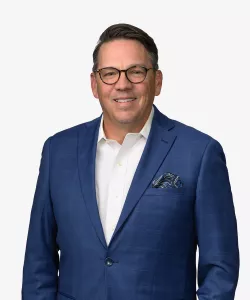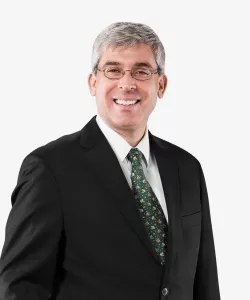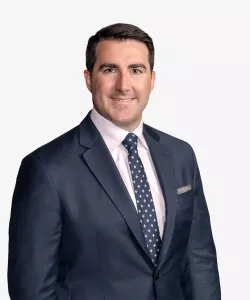SCOTUS Raises the Bar for Proof of Intent Under the Controlled Substances Act
Headlines that Matter for Companies and Executives in Regulated Industries
SCOTUS Raises the Bar for Proof of Intent Under the Controlled Substances Act
This week, the US Supreme Court issued a ruling in Ruan v. United States requiring subjective intent of wrongdoing in order to convict physicians under the Controlled Substances Act (“CSA”). In a 9-0 decision authored by Justice Stephen Breyer, the court held that, once a defendant meets the burden of producing evidence that his or her conduct was “authorized,” 21 USC § 841 of the CSA requires proof beyond a reasonable doubt in criminal cases that medical practitioners “knowingly or intentionally” prescribed narcotic painkillers in an unauthorized manner.
The consolidated cases involved allegations that two doctors unlawfully dispensed and distributed opioids. Both doctors were convicted after jury trials, where they argued that they were authorized to dispense the drugs by valid prescriptions issued for a legitimate medical purpose. The doctors further requested a jury instruction requiring the government to prove that the doctors subjectively knew the prescriptions were not issued for a legitimate medical purpose. The trial court rejected the request, and the Eleventh Circuit, in affirming one of the convictions, stated that a doctor’s “subjectiv[e] belie[f] that he is meeting a patient’s medical needs by prescribing a controlled substance” is not a “complete defense” to an alleged CSA violation.
The Supreme Court’s ruling will allow physicians to defend criminal charges by arguing that they engaged in good-faith treatment of their patients. Likewise, corporate distributors of opioids may be able to persuasively argue good-faith reliance on advice of counsel or experts.
The Supreme Court’s opinion is here.
Chiropractor Pleads Guilty to Role in Alleged NBA Health Plan Fraud Scheme
Dr. Patrick Khaziran, a chiropractor based in Los Angeles, pled guilty to participating in the alleged scheme to defraud the NBA Players Health and Welfare Benefit Plan of $4 million. Last Friday, Khaziran admitted in Manhattan federal court that he participated in the alleged scheme by creating fake invoices for former NBA players reflecting medical services that were never performed. The players then allegedly submitted the invoices to the health plan for reimbursement, and Khaziran was allegedly paid a 33% share of all reimbursements. Khaziran was also accused of using health plan debit cards to charge the plan for services that were never provided, and giving players about 65% of his proceeds. In total, Khaziran’s allegedly fraudulent conduct earned him nearly $1.3 million, which he has agreed to pay back as restitution. Khaziran will also forfeit $429,000 to the government.
The case is US v. Williams, case number 1:21-cr-00603, in the US District Court for the Southern District of New York. The DOJ press release is here.
DOJ Settles Kickback Allegations Against Fifteen Texas Doctors for $2.8 Million
Fifteen physicians in Texas have agreed to pay $2.8 million to resolve False Claims Act lawsuits alleging that they received illegal kickbacks in violation of the Anti-Kickback Statute and Stark Law. The doctors have agreed to cooperate with the Department of Justice’s investigation of and litigation against nine management service organizations (MSOs). The MSOs allegedly paid thousands of dollars in kickbacks, disguised as investment returns, to the doctors in exchange for ordering laboratory tests from Little River Healthcare, True Health Diagnostics, LLC, and/or Boston Heart Diagnostics Corporation. As a result of this settlement, DOJ has now settled claims against and obtained the cooperation of 33 Texas doctors in connection with this investigation.
The DOJ press release is here.
Contacts
- Related Practices



